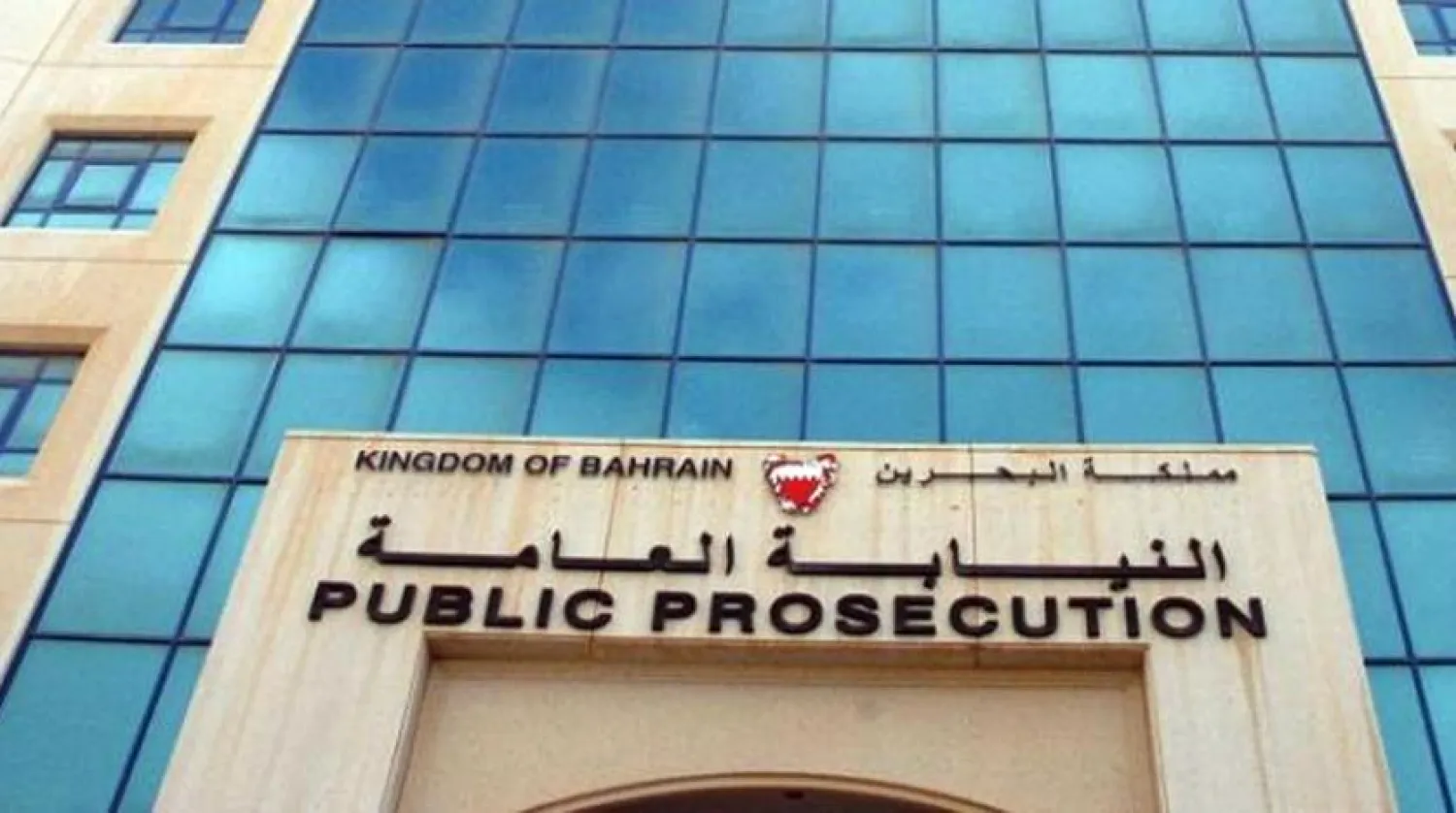Bahrain’s High Criminal Court on Thursday sentenced three Iran-owned Future Bank officials to five years in jail and fined each with up to 1 million Bahraini dinars ($2.65 million) in two money-laundering cases, Bahrain News Agency reported.
The court also fined Future Bank and three other banks with up to BD14 million and ordered the confiscation of the illegal transfer amounts that reached BD500,000, chief prosecutor Mohammed Jamal Sultan said.
According to the case documents, the public prosecution has discovered an Iranian plot involving several entities, including some that are sanctioned internationally for funding terrorism, to carry out financial transactions while evading scrutiny.
Future Bank, operating under the supervision of Bank Melli Iran and Bank Saderat Iran, made thousands of international financial transactions while providing covers for Iranian entities by concealing and deliberately removing basic information when transferring funds via the SWIFT network, the chief prosecutor said.
The public prosecution is still investigating the remaining illegal activities that include how the Iranian banks carried out international transactions in violation of the law prohibiting and combating money laundering and terrorism financing, as well as the laws and banking regulations in force in the kingdom, he added.









